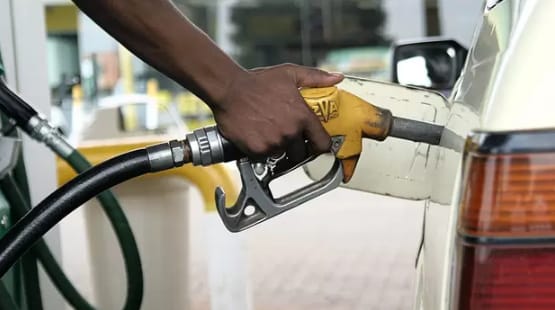
Ghana’s fuel market is expected to experience mixed reactions in the second pricing window of February, as global fuel price trends and the cedi’s depreciation exert opposing pressures.
According to the Institute for Energy Security (IES), the decline in global fuel prices, with gasoline, gasoil, and LPG prices dropping by 1.26%, 4.50%, and 0.22% respectively, may lead to a decrease in liquid fuel prices. However, the 2.18% depreciation of the cedi against the US dollar could offset this decline.
In the first pricing window of February, fuel prices increased for the third time this year, with gasoline and gasoil prices rising by GH₵0.24 and GH₵0.45 per litre respectively. The national average price for gasoline and gasoil stood at GH₵15.61 and GH₵15.65 per litre respectively, while LPG was priced at GH₵18.79 per kilogram.
Brent crude prices, which remained within the $70 per barrel range, declined steadily over the later days of the first pricing window, falling by 5.65% to $74.74 per barrel.
The IES identified Benab, Star Oil, and Zen Petroleum as the oil marketing companies offering the lowest prices in the country.
As the market awaits the second pricing window, stakeholders will be watching closely to see how the interplay between global fuel prices and the cedi’s performance will impact local fuel prices.
By Benson Afful







